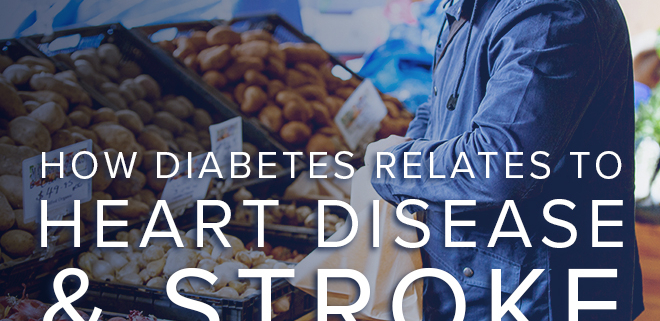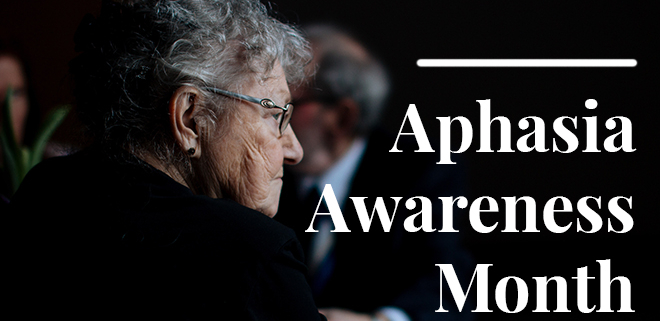As caregiver for a loved one who has suffered a stroke, you play an important part in the recovery process from the beginning. But it’s a role that also comes with many challenges and can cause high levels of mental, physical and emotional stress – both for you and the stroke survivor.
Many caregivers feel inadequately prepared to deal with the challenges of caring for someone with disabilities brought on by a stroke. But that’s why the importance of support groups – and support in general – cannot be emphasized enough.
Caregivers and Support
It’s estimated that there are 5 million stroke survivors alive in the U.S. today, with nearly 30% of them being permanently disabled as a result of their stroke. The acute nature of the disease puts extra stress on caregivers who are typically serving their same roles within their own family while also handling the duties of a caregiver.
- Emotional Support
According to one study, the importance of emotional support for caregivers is crucial. And the importance of informal support is similarly important, because many caregivers are apprehensive about seeking formal support for a variety of reasons, including financial and time spent apart from the care recipient.
- Caregivers, Physical Help and Overall Health
Caregiving can take its toll physically, as one study indicated that caregivers suffer from a variety of physical symptoms, including, headaches, fatigue, joint pain, disrupted sleep patterns, as well as a variety of emotional symptoms such as sorrow. These symptoms can increase as caregivers get older, and emphasizes the importance of friends, family, or outside help, in assisting with the physical aspects of care, including the activities of daily living. Over 80% of participants of one study reported fatigue and stress because of their caregiver duties.
- Online Support
The emergence of the Internet has made healthcare information available 24 hours a day and has become an important resource for caregivers. Professionally-managed online support groups are gaining credibility, and are giving caregivers the opportunity to receive personalized information through discussion groups, and also the opportunity to talk live with nurse specialists.
- Psychological Role
The importance of social support, which includes both emotional and physical support, has been shown to have a positive impact on a caregiver’s psychological well-being. Without assistance or support, however, experts agree that the caregiver can become the “second patient” within a family. The good news, however, is that support is available in ways that it never was before.




